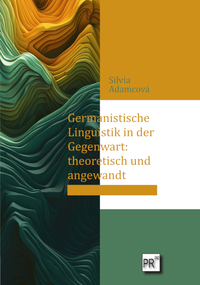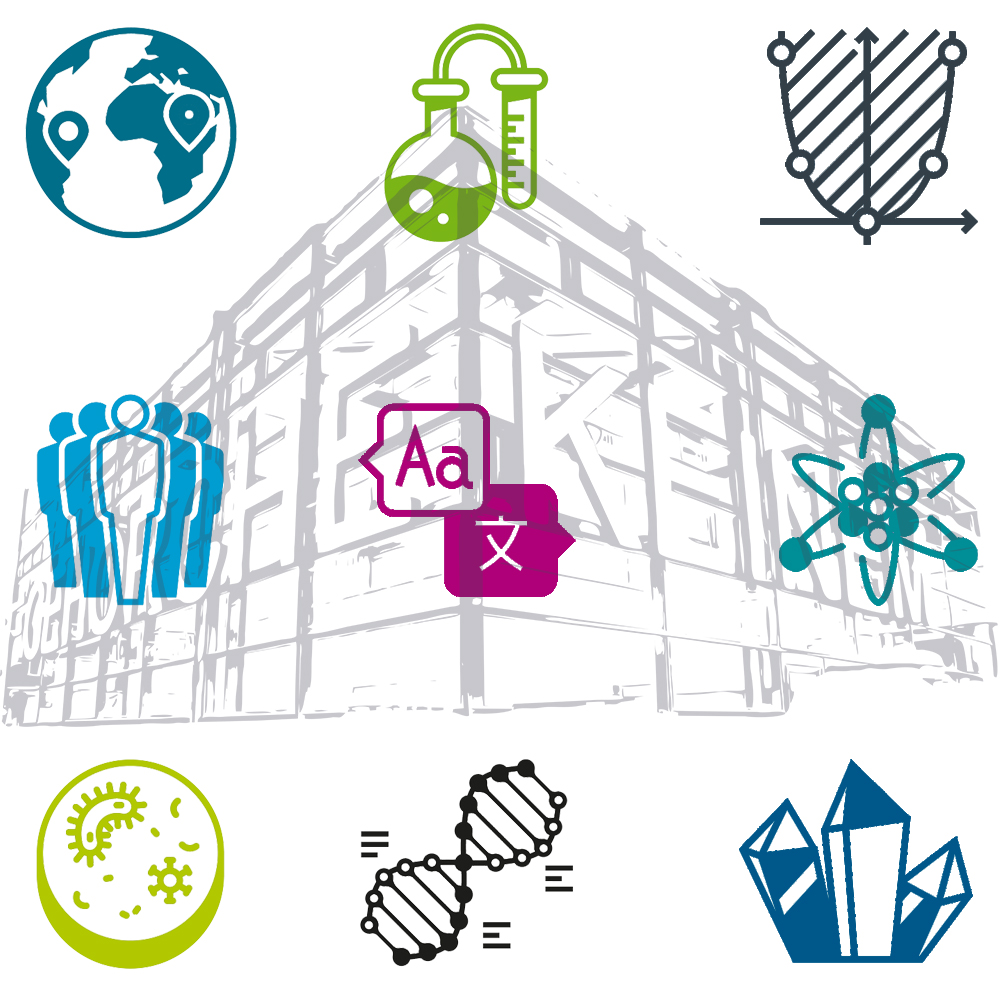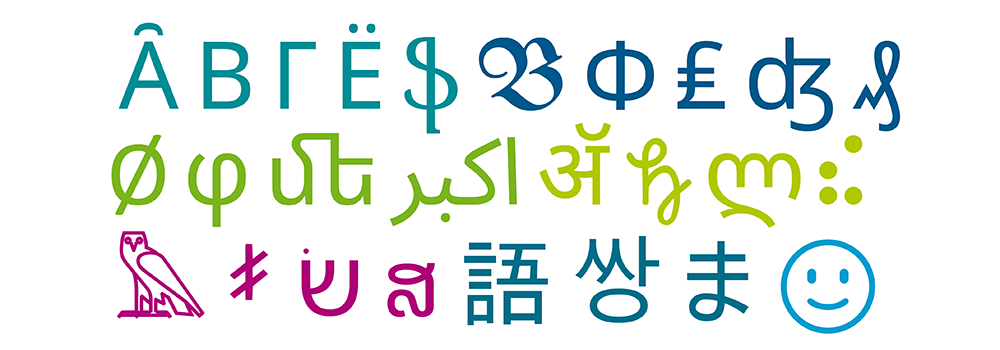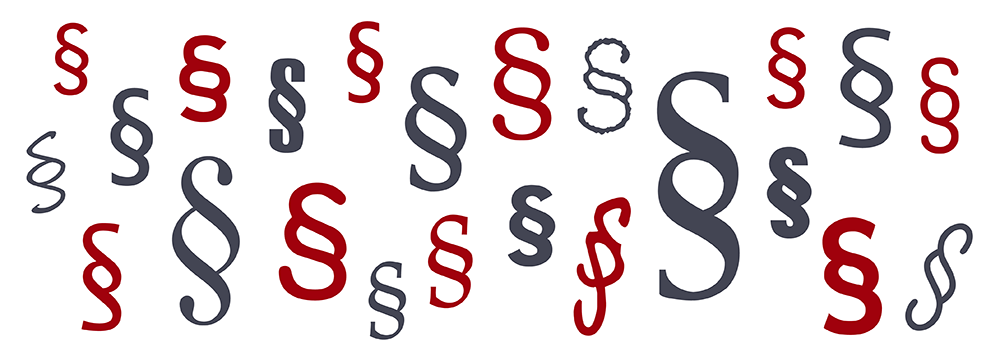Germanistische Linguistik in der Gegenwart: theoretisch und angewandt
 Im vorliegenden Buch ist elf Kerngebieten (Gegenstand und Fragestellungen der Linguistik, Mündliche Kommunikation: Gespräch und Rede, Varietätenlinguistik, Die Deutschen und ihre Sprache, Der Wortschatz als integrative Komponente des Sprachsystems, Semantik, Pragmatik als der umfassendste Aspekt der gegenwärtigen Linguistik, Deutsch im Kontakt der Kulturen, Neuere Entwicklungen in der linguistischen Forschung, Zukunftskompetenzen in der digitalen Zeit, Die deutsche Sprache in der Zeit der Globalisation) jeweils ein eigenes Kapitel gewidmet.
Im vorliegenden Buch ist elf Kerngebieten (Gegenstand und Fragestellungen der Linguistik, Mündliche Kommunikation: Gespräch und Rede, Varietätenlinguistik, Die Deutschen und ihre Sprache, Der Wortschatz als integrative Komponente des Sprachsystems, Semantik, Pragmatik als der umfassendste Aspekt der gegenwärtigen Linguistik, Deutsch im Kontakt der Kulturen, Neuere Entwicklungen in der linguistischen Forschung, Zukunftskompetenzen in der digitalen Zeit, Die deutsche Sprache in der Zeit der Globalisation) jeweils ein eigenes Kapitel gewidmet.
Zu einigen klassischen Kerngebieten haben sich in jüngster Zeit noch die Gebiete Angewandter Linguistik (mit ihren zahlreichen Teilsystemen) und die deutsche Sprache in der Zeit der Globalisation bzw. Deutsch im Kontakt der Kulturen gesellt.
zum Buch im ULB-KatalogPlus
zum Buch im VLB
Speaking German musically: poetic recitation in Central Europe, 1760-1820
 The art of reciting a text out loud, known as Vortragskunst, be it in a private circle or in a concert hall, originated in German-speaking countries in the 1760s, and by the nineteenth century had become a well-established practice subjected to an artistic blossoming unparalleled in the rest of Europe.
The art of reciting a text out loud, known as Vortragskunst, be it in a private circle or in a concert hall, originated in German-speaking countries in the 1760s, and by the nineteenth century had become a well-established practice subjected to an artistic blossoming unparalleled in the rest of Europe.
In this book Jacqueline Waeber explains and examines how and why this happened, focusing on the origins of poetic recitation and its development during the late eighteenth and early nineteenth centuries, a period essential to the development of modern German literature and theatre, bookended by the two main figures who contributed to the theoretical and aesthetical tenets of poetic recitation, the poet Friedrich Gottlieb Klopstock (1724-1803) and Johann Wolfgang von Goethe (1749-1832).
Poetic recitation quickly gained attraction for the Lied and the musical melodrama, both musical genres that were driven by a search for new declamatory styles. As a result, poetic recitation became increasingly ‘musicalized’ by the frequent addition of a musical accompaniment. As the book shows, this intertwining of music and poetry made a huge contribution to the advent of German identity through the reappraisal of its language.
zum Buch im ULB-KatalogPlus
zum Buch auf der Verlags-Website




Schreibe einen Kommentar